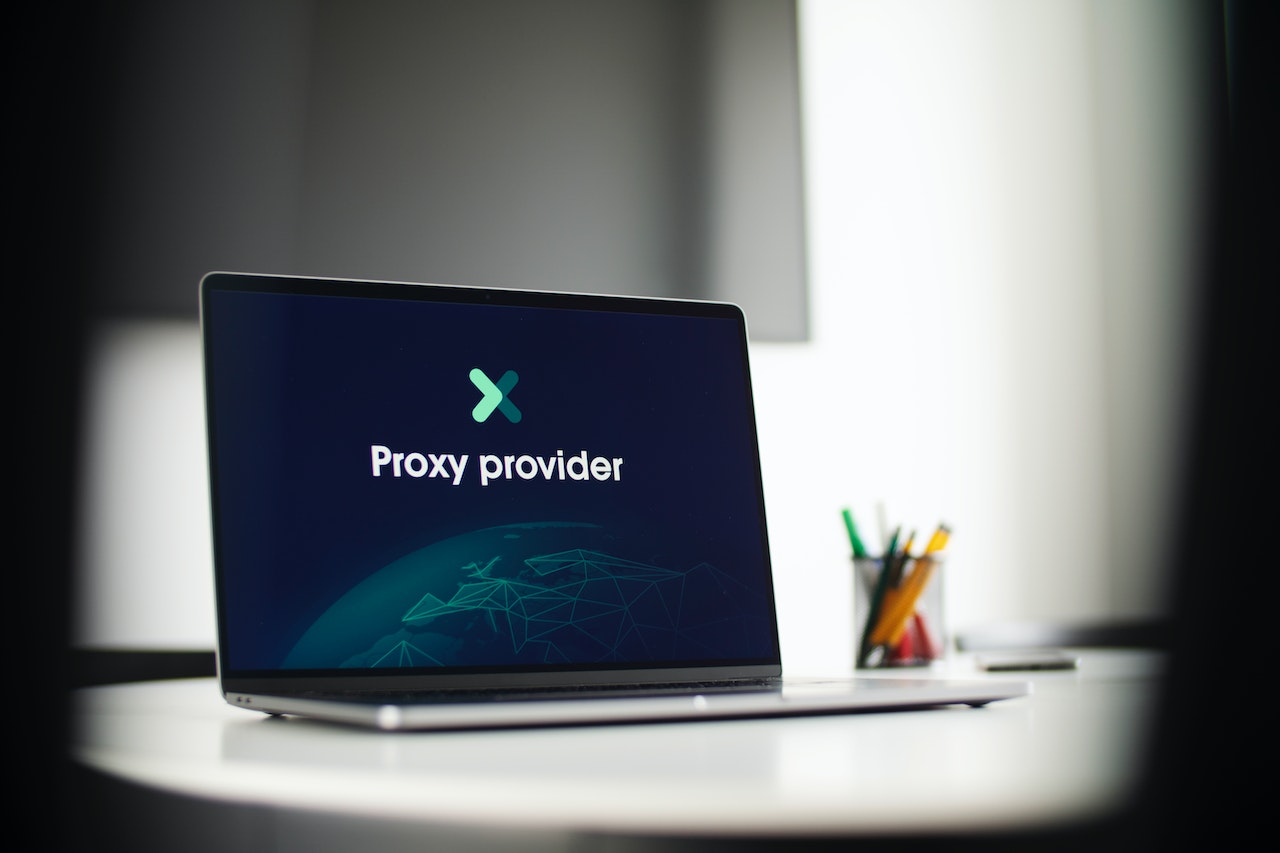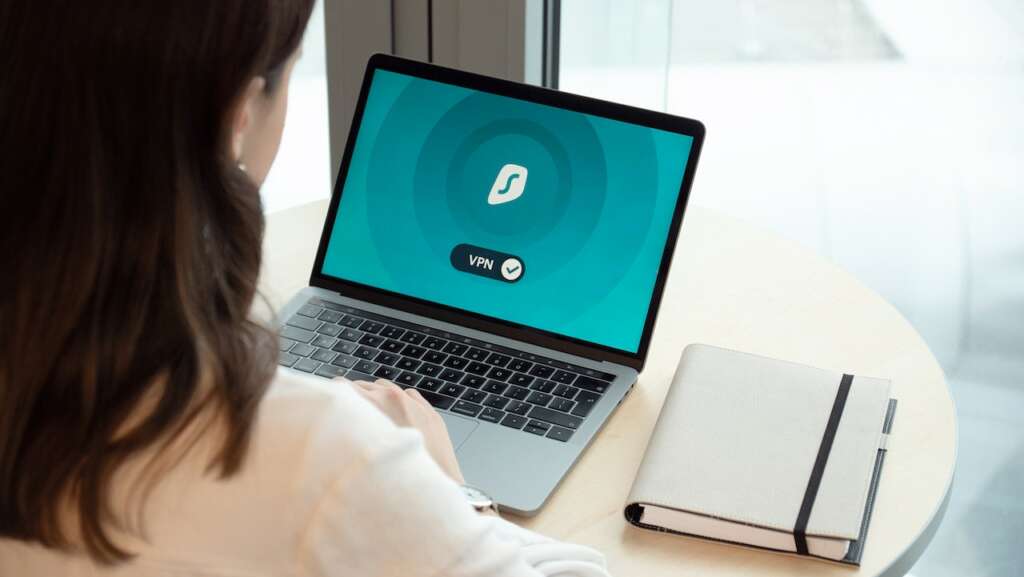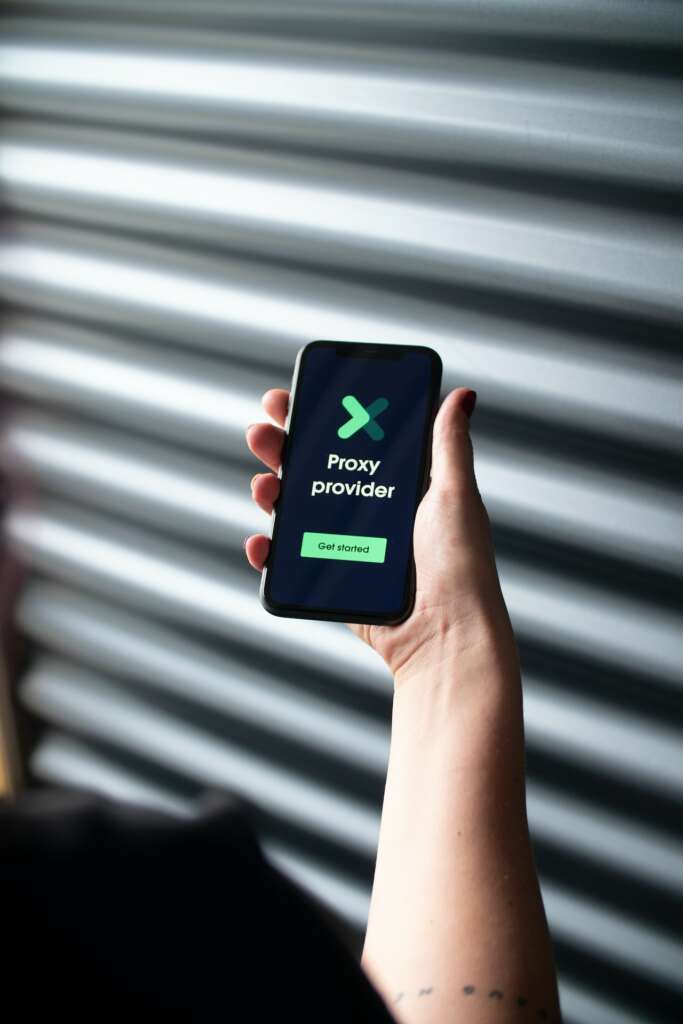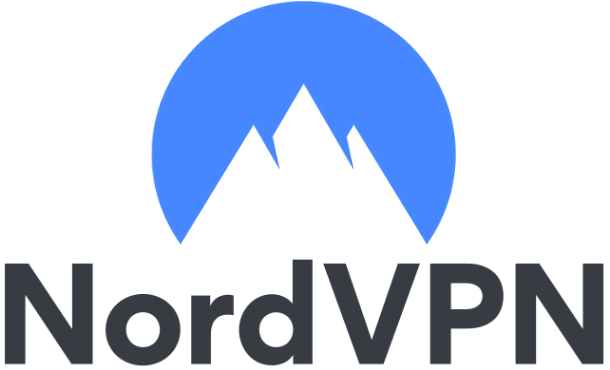
How A VPN And Proxy Can Protect You Online
Posts by Alan TaylorDecember 4, 2022
There are many ways you can protect your online security and privacy when you browse online. Two smart choices a consumer can make today is to invest in using a VPN and proxy. The world has seen a massive rise in cybercrime, as hackers and nefarious third parties try to access your financial information or track your internet and personal data.
The VPN industry is reportedly going to reach over $70 billion in the next five years, as internet users become more and more conscious about their online privacy and security. As we see more and more activity from cyber criminals and more data breaches and leaks from global corporations, more consumers and businesses will look toward more solutions for their online privacy and protection.
A VPN and proxy can work perfectly in tandem to create internet anonymity and have both protective and privacy features that can help a user browse the internet safely, without having their data stolen. Both tools have some significant differences, so it is important to identify them before you begin upgrading your online security toolset.
What Is A VPN?
A VPN works like a proxy in many ways as it is can hide your IP address and give you a protective cloak of anonymity on the internet, encrypt your internet traffic and make sure the data you input online is hidden and scrambled so any potential cybercriminals or hackers looking to pounce will not have the chance.

A VPN however encrypts the traffic from your PC to the VPN and then the VPN to the internet. This is something that the proxy doesn’t do, as the proxy will log the information you send to it and store it in the server.
What Is A Proxy?
A proxy server works as the middle connector between an internet user’s computer and other servers on the internet. When the user browses the web, the computer works through the proxy server to do all of its online activity. Whether it is downloading items, caching webpages, or more, it is all registered as coming from the residential proxy network, not the user.
How A VPN Keeps You Safe Online
Unlike a proxy, a VPN can ensure that any browsing activity or online data that is received or sent is kept private, anonymous, and encrypted throughout the whole process. This means that any third party that tries to plant trackers on you or any hackers looking to utilize this stolen data will be thwarted.
A good example can be if you logged on to your online bank and input information to log in – because the VPN keeps your data encrypted end-to-end, it confirms that any criminals can’t cast their prying eyes on you.
A VPN can be more expensive as it offers slightly more or deeper protection when it comes to data security and privacy, more secure user-to-internet connections, and often will perform more reliably.
A key component of what makes a VPN a great online security tool is its ‘no-log’ policy. This means that the VPN provider has committed to not monitoring, storing, or tracking your online activity while you use the internet. The same proponent does not currently exist with proxy providers, meaning a user must trust the provider.
How A Proxy Keeps You Safe Online
One of the biggest issues of browsing the web is the way different websites and third parties track and monitor your online activity. They can watch what data you enter and in turn, log your personal information.

A big part of this is your IP address, which is connected to your ISP and therefore gives third parties your direct location in the real world.
This gives third parties the opportunity for targeted advertising and even more malicious activities. A proxy server directs all the incoming and outgoing internet traffic through its IP address. This allows you to remain anonymous, private, and protected.
This prevents any hackers, cybercriminals, or third parties from logging your real-world address and using this information for ill-gotten gains. On top of this, a proxy server has the additional benefit of using the anonymity of location to unblock geographically restricted content online.
This means a user can watch more content on sites like Netflix or Amazon Prime, or even read news content that might be blocked by their government. A proxy can be an extremely effective tool for a group of users, for example, a business where multiple people want to work from one direct server, similar to working in an office.
Not only do they get the protection of anonymity, but a proxy server has the additional benefit of filtering out malicious and dangerous websites, similar to a firewall. Someone with admin privileges can access the proxy and input settings to apply a filter to these websites, keeping all the proxy users safe and also keeping them on websites where they are fully protected.

